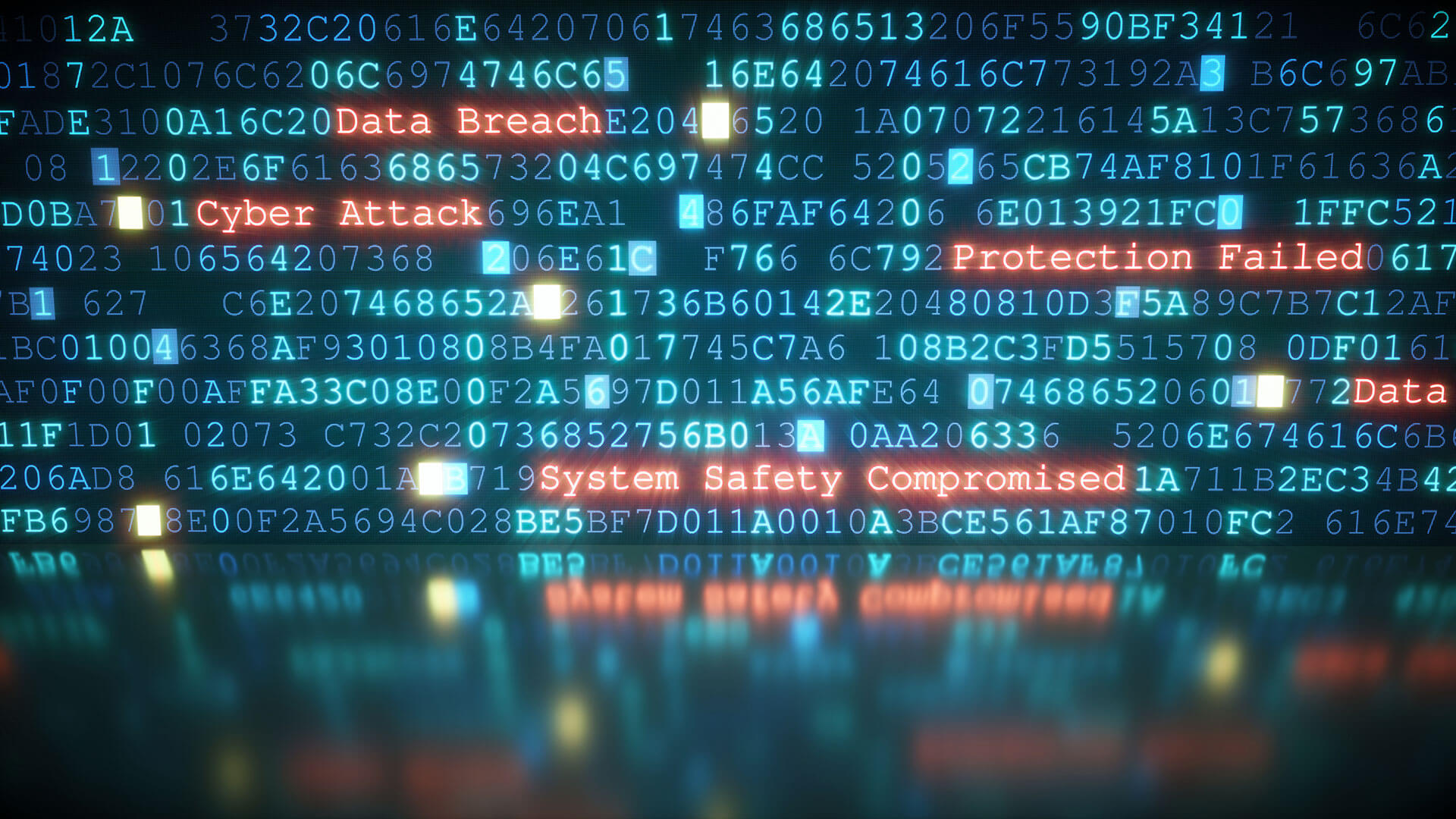Athabasca University's VP of IT and chief information officer shares tips for keeping our data secure.
Cyber criminal behaviour has become a big business. Just as businesses and organizations must be vigilant to prevent threats, individuals must also take steps to protect data.
Jennifer Schaeffer, Athabasca University's (AU) vice-president of information technology and chief information officer, shares advice about how individuals can protect themselves from cyber threats such as phishing attacks.
1. Change your passwords regularly-and don't reuse them.
Most of us have probably been a victim of a data breach, so reusing passwords is a bad idea. People should change their passwords fairly regularly-monthly is a really good idea depending on the system and how often you're using it. It's also a good idea to set prompts on personal devices that remind you when it's time to update your password.
2. Use a strong password and multi-factor authentication.
Passwords should be strong and mean something that's unique to you and no one else. This makes it harder for scripts to solve. For instance, combining "cup, keyboard, dog"-that's a lot harder for an AI script to guess versus something with numbers and letters. I also recommend using multi-factor authentication, which is very, very challenging to break. Password managers are also really useful and keep your passwords secure. And there's some really good ones that are free.
RELATED: Cybersecurity a critical need for universities-and online learners
3. Update your software on your personal devices.
Make sure that you set up your devices so that they automatically install operating software and applications updates. Operating systems are constantly being analyzed for weaknesses by cyber criminals. That's their kind of "gold," to get into those once you go onto the internet if you are using outdated or unpatched operating systems or applications.
4. Protect your privacy, especially on social media
Protecting and making your social media accounts private is really important. Spear fishing is one the 5 types of phishing attacks. That's when cyber criminals know a little bit about you, info they often find through social media. If someone knows your name, where you work, job title, maybe an email address and specific info, then it's going to look like they actually know you and it's going to be much easier for you to respond to that phishing email, because you think it's legit.
5. Remember, you are the biggest risk to a data breach.
Large providers of cloud computing can be safe-as long as you're doing everything possible to protect your personal data. That means securing your home network, your computers, your devices, your accounts, and your passwords. The majority of problems happen when an individual is the weakest point and gets exploited by cybercriminals, or by scripts.
Learn more about cybersecurity and how to protect yourself from risk: athabascau.ca/cybersecurity.
